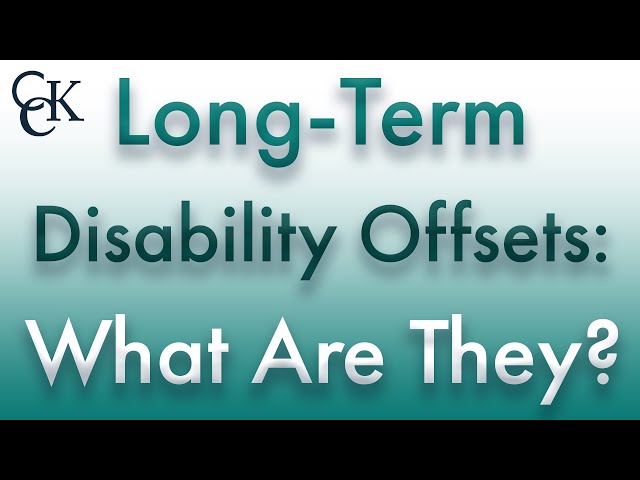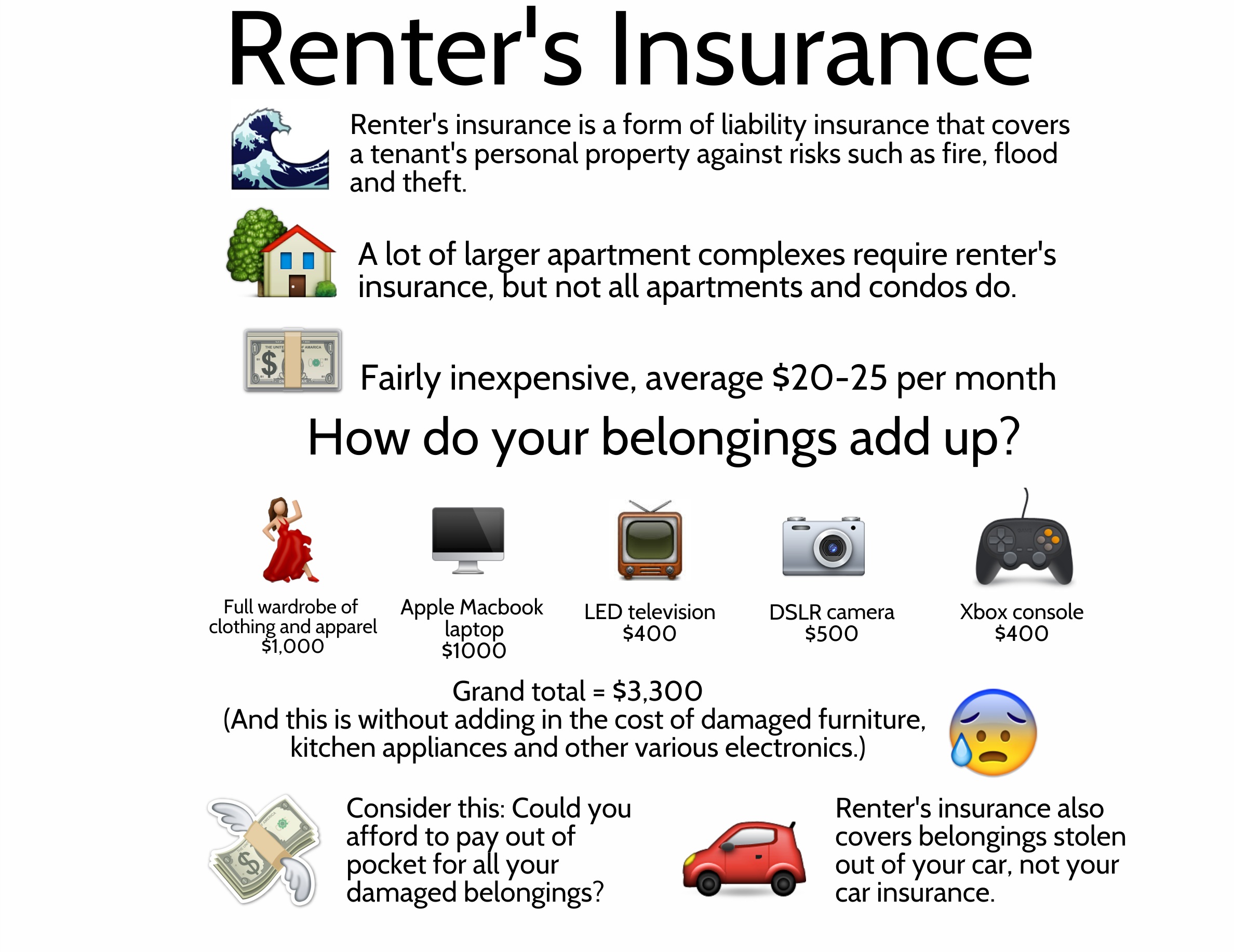Understanding Disability Insurance and Why It Matters

Anúncios
Disability insurance serves as a critical safety net that safeguards one’s income in the event of an unforeseen illness or injury.
This article provides a comprehensive overview of disability insurance, including its definition and various types, while highlighting its significance in maintaining financial stability. It addresses the individuals who should consider obtaining coverage, outlines the steps involved in navigating the application process, and examines the factors that influence premium costs. A thorough understanding of these elements will enable individuals to make informed decisions regarding the protection of their financial future.
What is Disability Insurance?
Disability insurance serves as a financial instrument intended to provide income replacement and financial protection for individuals who are unable to work due to a disability, which may arise from illness, injury, or other factors.
This insurance functions as a safety net, enabling policyholders to sustain their lifestyle and fulfill their financial obligations during their recovery period.
Anúncios
There are primarily two categories of disability insurance: long-term disability and short-term disability, each differing in terms of policy coverage and waiting periods.
Definition and Types
Disability insurance is defined as a contractual agreement that provides financial benefits to individuals who are unable to work due to a disability. There are various types of disability insurance designed to meet different needs, including private disability insurance, public disability insurance, and Social Security Disability Insurance (SSDI).
Each type of disability insurance serves a specific role in safeguarding financial stability. Private disability insurance is typically offered through employers or may be purchased individually, providing tailored coverage that varies based on the applicant’s occupation and health history.
Public disability insurance comprises government-funded programs aimed at aiding individuals in need, while SSDI specifically serves those who have contributed to the Social Security system and meet certain work history requirements.
The benefits period for these insurance plans varies; some offer short-term support, while others provide long-term assistance. This variability underscores the importance of integrating these insurances into comprehensive financial planning to ensure adequate protection against unforeseen circumstances.
Why Disability Insurance is Important
The significance of disability insurance is paramount, as it functions as a vital financial protection mechanism against unforeseen life events that may impede an individual’s capacity to earn an income.
By offering income replacement during periods of short-term or long-term disability, it plays a crucial role in preserving financial stability for policyholders and their families.
Moreover, recognizing the tax benefits associated with specific policies can further enhance the value of this essential insurance instrument.
Protecting Your Income and Financial Stability
Protecting one’s income through disability insurance is essential for ensuring financial stability, particularly in instances where disability claims arise from work-related injuries or illnesses. This insurance provides necessary income replacement during challenging periods.
Disability insurance serves as a vital safety net, allowing individuals to maintain their standard of living even when they are unable to earn a paycheck due to unforeseen circumstances. By integrating disability insurance into financial planning and budgeting, individuals can effectively mitigate the economic impact of sudden health issues or accidents.
This coverage not only offers peace of mind but also safeguards against potential income loss that could disrupt personal finances and hinder long-term savings objectives.
Being adequately prepared with disability insurance ensures that unexpected events do not result in overwhelming financial strain.
Who Needs Disability Insurance?
Identifying the individuals who require disability insurance necessitates a comprehensive risk assessment that considers several factors, including occupation, familial obligations, and overall financial stability.
This type of insurance is crucial for those who depend entirely on their income to support themselves and their families, particularly in light of potential lifestyle changes that may arise from unexpected disabilities.
Assessing Your Risk and Coverage Needs
Assessing one’s risk and coverage needs for disability insurance is essential for determining the appropriate policy that safeguards against unforeseen events potentially impacting income and financial stability.
This process entails a thorough examination of individual circumstances, including occupation, health history, and lifestyle choices. Each of these factors significantly influences eligibility criteria for various types of insurance benefits, ultimately determining the extent of coverage required.
For instance, an individual employed in a physically demanding role may necessitate a more comprehensive policy compared to someone engaged in a less hazardous profession. Recognizing these nuances is crucial when evaluating policy limits, as they will dictate the level of financial support one can anticipate in the event of a disability.
How Disability Insurance Works
A comprehensive understanding of how disability insurance operates is essential for making informed decisions regarding policy terms, the claims process, and the benefits period.
This knowledge is vital for ensuring access to critical financial support during periods of need.
Policy Terms and Benefits
The terms and benefits of disability insurance are critical components to evaluate, as they delineate the coverage provided, the duration of benefits, and any exclusion clauses that may influence claims.
A comprehensive understanding of these factors not only aids individuals in selecting appropriate coverage but also equips them to address potential financial difficulties arising from unforeseen disabilities.
Key considerations encompass the benefits period, which indicates the length of time payments will be disbursed in the event of a qualifying disability, as well as the premium costs, which can vary significantly based on the chosen coverage and personal factors, including age and occupation.
It is imperative to scrutinize how claims calculations are determined, particularly concerning any exclusions that may restrict payouts. This knowledge enables policyholders to navigate their options more proficiently and align their insurance selections with their long-term financial security.
Applying for Disability Insurance
Applying for disability insurance requires a thorough understanding of the eligibility criteria as well as navigating the underwriting process to identify the appropriate coverage that aligns with one’s specific needs and circumstances.
Eligibility and Application Process
The eligibility and application process for disability insurance can vary significantly based on the provider and the specific coverage options selected, making it essential to understand one’s rights and potential premiums.
To effectively navigate this complex landscape, applicants should be cognizant of various factors that influence eligibility, including medical history, occupation, and income level. Each insurance company may impose distinct requirements; therefore, a thorough review of the policy details is imperative.
The application process generally entails the submission of personal information, medical documentation, and, in some cases, an evaluation by a healthcare professional.
It is vital to understand consumer rights throughout this process, particularly in instances of claim denials. Legal assistance can be invaluable for individuals encountering such challenges, ensuring that their claims are accurately represented and advocating for fair treatment in accordance with the terms of the policy.
Understanding the Cost of Disability Insurance
Comprehending the cost of disability insurance is crucial for effective financial planning, as premium expenses can differ significantly based on various factors, including age, occupation, and the amount of coverage selected.
Factors Affecting Premiums and How to Save
Several factors that influence premiums for disability insurance can impact both the cost and the extent of coverage. These include pre-existing conditions, age, and insurance riders that allow for the customization of policies to better suit individual needs.
A comprehensive understanding of these elements is essential for consumers seeking to navigate the complex landscape of disability insurance. For instance, individuals with existing health issues may experience higher premiums due to the perceived risk associated with insuring them.
Conversely, younger applicants generally benefit from lower premiums because they are considered to pose less risk.
It is also important to evaluate the various riders available, as these can enhance coverage but may also increase the overall cost. By being mindful of these factors, consumers can make more informed decisions.
Comparing policy options, assessing different coverage types, and understanding the nuances of each plan can lead to substantial savings and a policy that more effectively aligns with personal needs.
Frequently Asked Questions
What is disability insurance and why is it important?
Disability insurance is a type of insurance that provides financial protection in the event that you become disabled and are unable to work. It is important because it can help replace your income and cover expenses if you are unable to earn a living due to a disability.
What types of disabilities are typically covered by disability insurance?
Disability insurance typically covers both physical and mental disabilities that prevent you from being able to work. This can include injuries, illnesses, and even chronic conditions such as arthritis or depression.
How is disability insurance different from other types of insurance?
Disability insurance is different from other types of insurance, such as health insurance, because it specifically covers your lost income if you are unable to work due to a disability. It is also different from worker’s compensation, which only covers work-related injuries.
Who should consider getting disability insurance?
Anyone who relies on their income to support themselves or their family should consider getting disability insurance. This includes both self-employed individuals and those who work for an employer.
What factors should I consider when choosing a disability insurance policy?
When choosing a disability insurance policy, you should consider factors such as the length of coverage, monthly benefit amount, waiting period before benefits begin, and any exclusions or limitations. It is important to carefully review and compare different policies to find the best fit for your needs.
What happens if I become disabled and don’t have disability insurance?
If you become disabled and do not have disability insurance, you may have to rely on other sources of income, such as savings or government assistance programs. This can put a strain on your finances and may not cover all of your expenses. That’s why it’s important to consider getting disability insurance before you actually need it.


